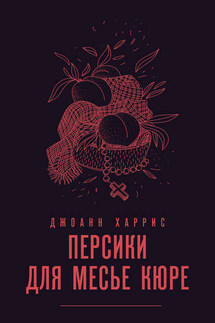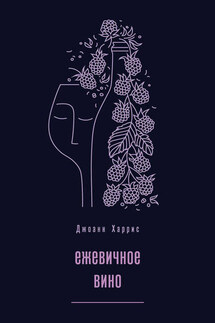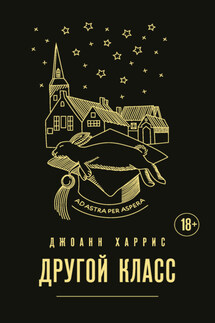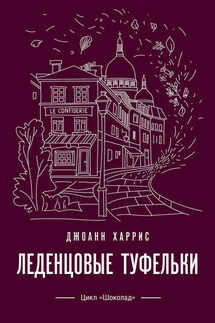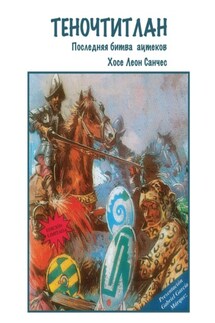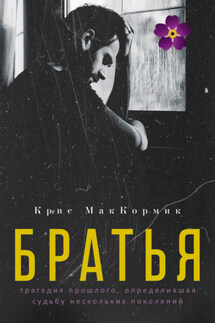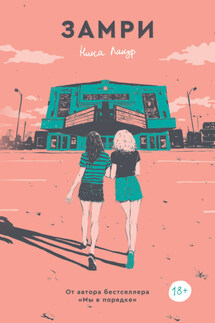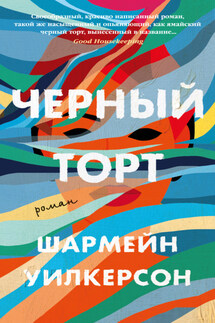Five Quarters of the Orange / Пять четвертинок апельсина - страница 14
I feel hard inside, frozen.
I know, I know. I can’t expect you to understand how I felt. It sounds grotesque to me too, remembering how it was, wondering whether this is not another false memory… Of course, it might have been shock. People experience strange things under the effects of shock. Even children. Especially children, the prim, secret savages we were. Locked in our mad world between the Lookout Post and the river, with the Standing Stones keeping watch over our covert rituals… But it was joy I felt all the same.
I stood beside her. The dead eyes stared at me, unblinking. I wondered whether I ought to close them. There was something disturbing about their round, fishy gaze that reminded me of Old Mother, the day I finally nailed her up. A thread of drool glistened at her lips. I moved a little closer…
Her hand shot out and grabbed me by the ankle. Not dead, no; but waiting, her eyes bright with mean intelligence. Her mouth worked painfully, enunciating every word with glassy precision. I closed my eyes to stop myself from screaming.
“Listen. Get my stick.” Her voice was grating, metallic. “Get it. Kitchen. Quickly.”
I stared at her, her hand still clutching my bare ankle.
“Felt it coming this morning,” she said tonelessly. “Knew it was going to be a big one. Only saw half the clock. Smelt oranges. Get the stick. Help me.”
“I thought you were going to die.” My voice sounded eerily like hers, clear and hard. “I thought you were dead.”
One side of her mouth hitched, and she made a low yarking sound, which I eventually recognized as laughter. I ran to the kitchen with that sound in my ears, found the stick, a heavy piece of twisted hawthorn that she used to reach the higher branches of the fruit trees, and brought it to her. She was already on her knees, pushing against the ground with her hands. From time to time she shook her head with a sharp, impatient gesture, as if plagued by wasps.
“Good.” Her voice was thick, like a mouthful of mud. “Now leave me. Tell your father. I’m going… to… my room.” Then, jerking herself savagely to her feet with the stick, swaying, keeping upright with a simple effort of will: “I said, go away!”
And she struck at me clumsily with one clawing hand, almost losing balance, stubbing at the path with her stick. I ran then, turning back only when I was well out of her range, ducking down behind a stand of red currants to watch her staggering toward the house, dragging her feet in great loops in the dirt behind her.
It was the first time I became truly aware of my mother’s affliction. My father explained it to us later, the business with the clock and the oranges, while she lay in darkness. We understood little of what he told us. Our mother had bad spells, he said patiently, headaches that were so terrible that sometimes she didn’t even know what she was doing. Had we ever had sunstroke? Felt that woozy, unreal feeling, imagined that objects were closer than they were, sounds louder? We looked at him, uncomprehending. Only Cassis, nine then to my four, seemed to understand.
“She does things,” said my father. “Things she doesn’t really remember afterward. Because of the bad spells.”
We stared at him solemnly. Bad spells.
My youthful mind associated the phrase with stories of witches. The gingerbread house. The Seven Swans. I imagined my mother lying on her bed in the dark, eyes open, strange words sliding between her lips like eels. I imagined her looking through the walls and seeing me, seeing right inside me and rocking with that dreadful, yarking laughter… Sometimes Father slept on the kitchen chair when Mother had her bad spells. And one morning we had got up to find him bathing his forehead in the kitchen sink, and the water full of blood… An accident, he told us then. A stupid accident. But I remember seeing blood, glossy on the clean terra-cotta tiles. A length of stove wood had been left on the table. There was blood on that too.
